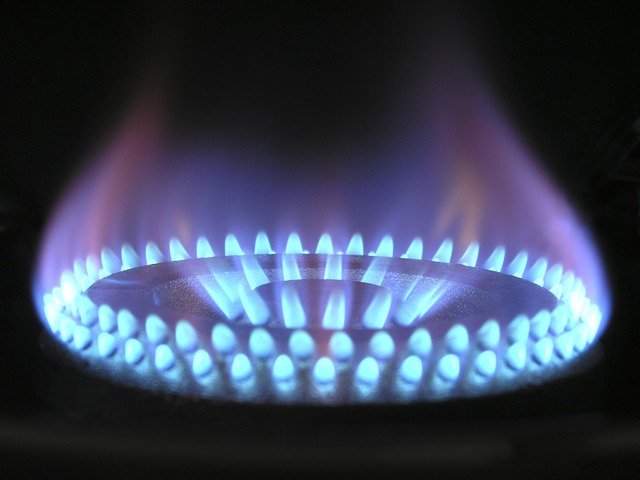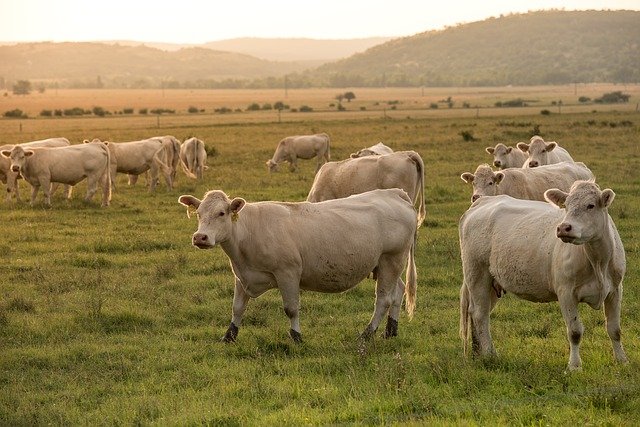 When it comes to greenhouse gases, carbon dioxide typically gets all the attention. But numerous studies demonstrate that methane reduction is more crucial for addressing climate change.
When it comes to greenhouse gases, carbon dioxide typically gets all the attention. But numerous studies demonstrate that methane reduction is more crucial for addressing climate change.
Recently, the US and the European Union have launched the Global Methane Pledge that calls on 17 countries to cut methane emissions by one-third by 2030.
A recent report from the Intergovernmental Panel on Climate Change (IPCC) reveals that methane reduction is crucial for mitigating climate change. This makes the pledge especially timely, as the year 2020 saw the largest spike in methane emissions on record.
Let’s take a closer look at how methane is produced, and how we can reduce emissions.
Why Methane?
Methane is the second-most prevalent greenhouse gas, after carbon dioxide (CO2). It also lingers in the atmosphere for a lot less time, under 25 years. Compare that to CO2, which can stay in the atmosphere for up to 1000 years! In its short period in the Earth’s atmosphere, methane traps 80 times more heat than carbon dioxide does in the first 20 years.
Yet, cutting methane emissions is the best way we currently have to counter global warming. Reducing methane emissions could help mitigate climate risks such as rising sea levels, crop loss, and extreme weather conditions.
Where Does Methane Come From?
 Methane emissions can come from natural sources, such as rotting vegetation and methane-producing microbes.
Methane emissions can come from natural sources, such as rotting vegetation and methane-producing microbes.
However, human activities contribute to 60% of the world’s methane production -- from the oil and gas industry to landfills, and animal agriculture.
Landfills contain large amounts of organic waste, which generates methane upon decomposition. Animal agriculture also accounts for about 37% of methane emissions. Livestock such as cows and goats release methane during digestion and from their manure.
Abandoned and unplugged oil wells and leaky gas pipes are major sources of methane. In addition, a large spike in global methane emissions can be traced back to the fracking boom that began in 2008. Fracking is a method of extracting oil and gas by pumping high-pressure liquid underground into rocks.
How Can We Reduce Methane Emissions?
One strategy to control methane emissions is to capture the gas at its source and use it as a fuel. This technique can be employed at landfills and oil wells. Another way to curb emissions is to plug abandoned oil wells and plug leaky gas pipes.
We need to reduce our reliance on the oil and gas industry by developing cleaner and renewable alternatives. Improving farming practices along with limiting meat and dairy consumption in our homes is important for reducing methane emissions as well.
A Global Methane Assessment in May revealed that human methane emissions can be reduced by up to 45% by 2030, and allow us to keep global temperature increases within the Paris Agreement goal of 1.5 °C.
Ultimately, the Global Methane pledge is one step in the right direction. Many of the top methane-emitting nations such as Argentina, Ghana, Indonesia, Mexico, the U.K., and others have joined to support this pledge.
Sources: NASA, NOAA, National Geographic, BBC, Washington Post, Scientific American






